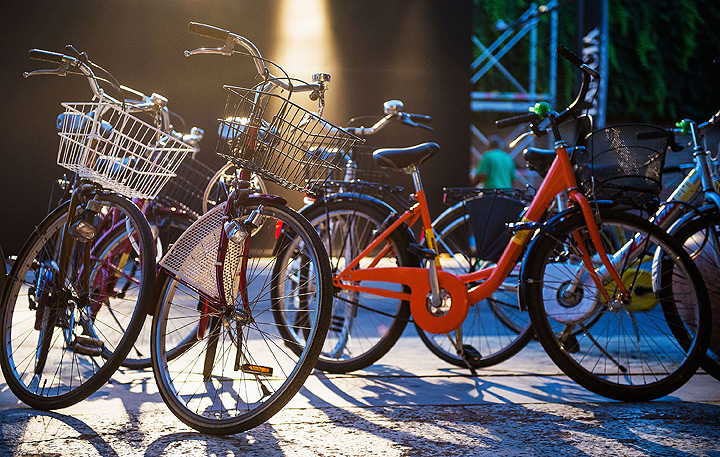Earth Hour is this Saturday, and people are asked to turn off their lights and appliances for one hour, in a move of worldwide solidarity against the effects of climate change.

However, one no-power hour is not sustainable change. In terms of actual physical impact on the environment, one expert says it does “pretty much nothing.”
Rowan Sage, a professor of ecology and evolution at the University of Toronto, added, “the more important thing is the symbolism and the awareness that it helps raise. That’s its value.”
Looking beyond Earth Hour, there are several everyday ways to cut down on our carbon footprint.
Sage listed a few:
- Turn the thermostats down in the winter, and opt for layers and cozy sweaters instead.
- Think before you drive. Don’t take unnecessary trips, use carpools and buy energy-efficient vehicles. “I could see a construction guy needing a big pickup, but people who don’t need that cargo capacity don’t necessarily need that big pickup,” said Sage.
- Get active. When possible, opt to walk or ride your bike to your destination.
- Use fertilizers very sparingly. “One thing people don’t realize is fertilizers produce a lot of pollutants that contaminate ground water…and the fertilizer gets sent into the atmosphere as nitrous oxide, which is a pretty powerful greenhouse gas,” he said.
- Get politicians to fight for the environment. “Not demanding more of your political leadership is a big problem,” said Sage.
Dave Walton, Director of Home Ideas for EnerCare Home Services, also offered some tips, with the added benefit of how to save money in the process.
- Flip off the lights when exiting a room. Your electricity bill will thank you. Another cost-cutting tip: when changing a bulb, opt for LED bulbs.
- Unplug underused electronics. Natural Resources Canada said five to ten per cent of your electricity bill comes from plugged-in appliances drawing power even when not actively in use.
- Smart thermostats are your friend. These clever devices learn your living patterns and adjust the temperature accordingly. Installing one will save you money in the long run.
- Keep a full freezer. An empty freezer sucks up a lot of energy. Having a packed freezer means less surface area to cool, and more energy efficiency. Containers of water make great space-fillers.
- Get an expert to take a look. A home energy audit will reveal how energy is used in your house and you’ll get expert tips on how to conserve energy, such as extra insulation, or fixing air leaks.


Comments